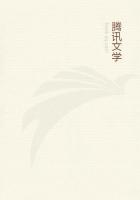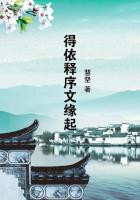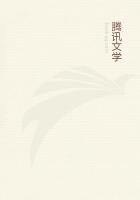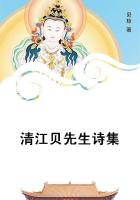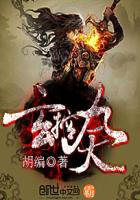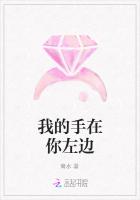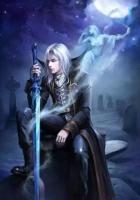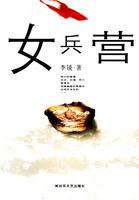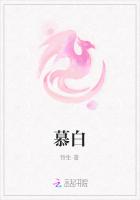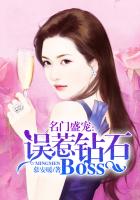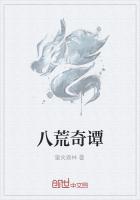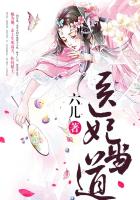These limitations in some sort approximate towards those of painting: the dramatic author is tied down, not indeed to a moment, but to the duration of each scene or act; he is confined to the stage, almost as the painter is confined within his frame. But the great restriction is this, that a dramatic author must deal with his actors, and with his actors alone. Certain moments of suspense, certain significant dispositions of personages, a certain logical growth of emotion, these are the only means at the disposal of the playwright. It is true that, with the assistance of the scene-painter, the costumier and the conductor of the orchestra, he may add to this something of pageant, something of sound and fury; but these are, for the dramatic writer, beside the mark, and do not come under the vivifying touch of his genius. When we turn to romance, we find this no longer.
Here nothing is reproduced to our senses directly. Not only the main conception of the work, but the scenery, the appliances, the mechanism by which this conception is brought home to us, have been put through the crucible of another man's mind, and come out again, one and all, in the form of written words. With the loss of every degree of such realism as we have described, there is for art a clear gain of liberty and largeness of competence. Thus, painting, in which the round outlines of things are thrown on to a flat board, is far more free than sculpture, in which their solidity is preserved. It is by giving up these identities that art gains true strength. And so in the case of novels as compared with the stage. Continuous narration is the flat board on to which the novelist throws everything. And from this there results for him a great loss of vividness, but a great compensating gain in his power over the subject; so that he can now subordinate one thing to another in importance, and introduce all manner of very subtle detail, to a degree that was before impossible. He can render just as easily the flourish of trumpets before a victorious emperor and the gossip of country market women, the gradual decay of forty years of a man's life and the gesture of a passionate moment. He finds himself equally unable, if he looks at it from one point of view - equally able, if he looks at it from another point of view - to reproduce a colour, a sound, an outline, a logical argument, a physical action. He can show his readers, behind and around the personages that for the moment occupy the foreground of his story, the continual suggestion of the landscape; the turn of the weather that will turn with it men's lives and fortunes, dimly foreshadowed on the horizon; the fatality of distant events, the stream of national tendency, the salient framework of causation. And all this thrown upon the flat board - all this entering, naturally and smoothly, into the texture of continuous intelligent narration.
This touches the difference between Fielding and Scott. In the work of the latter, true to his character of a modern and a romantic, we become suddenly conscious of the background.
Fielding, on the other hand, although he had recognised that the novel was nothing else than an epic in prose, wrote in the spirit not of the epic, but of the drama. This is not, of course, to say that the drama was in any way incapable of a regeneration similar in kind to that of which I am now speaking with regard to the novel. The notorious contrary fact is sufficient to guard the reader against such a misconstruction. All that is meant is, that Fielding remained ignorant of certain capabilities which the novel possesses over the drama; or, at least, neglected and did not develop them. To the end he continued to see things as a playwright sees them. The world with which he dealt, the world he had realised for himself and sought to realise and set before his readers, was a world of exclusively human interest. As for landscape, he was content to underline stage directions, as it might be done in a play-book: Tom and Molly retire into a practicable wood. As for nationality and public sentiment, it is curious enough to think that Tom Jones is laid in the year forty-five, and that the only use he makes of the rebellion is to throw a troop of soldiers into his hero's way. It is most really important, however, to remark the change which has been introduced into the conception of character by the beginning of the romantic movement and the consequent introduction into fiction of a vast amount of new material. Fielding tells us as much as he thought necessary to account for the actions of his creatures; he thought that each of these actions could be decomposed on the spot into a few simple personal elements, as we decompose a force in a question of abstract dynamics.
The larger motives are all unknown to him; he had not understood that the nature of the landscape or the spirit of the times could be for anything in a story; and so, naturally and rightly, he said nothing about them. But Scott's instinct, the instinct of the man of an age profoundly different, taught him otherwise; and, in his work, the individual characters begin to occupy a comparatively small proportion of that canvas on which armies manoeuvre, and great hills pile themselves upon each other's shoulders.
Fielding's characters were always great to the full stature of a perfectly arbitrary will. Already in Scott we begin to have a sense of the subtle influences that moderate and qualify a man's personality; that personality is no longer thrown out in unnatural isolation, but is resumed into its place in the constitution of things.

